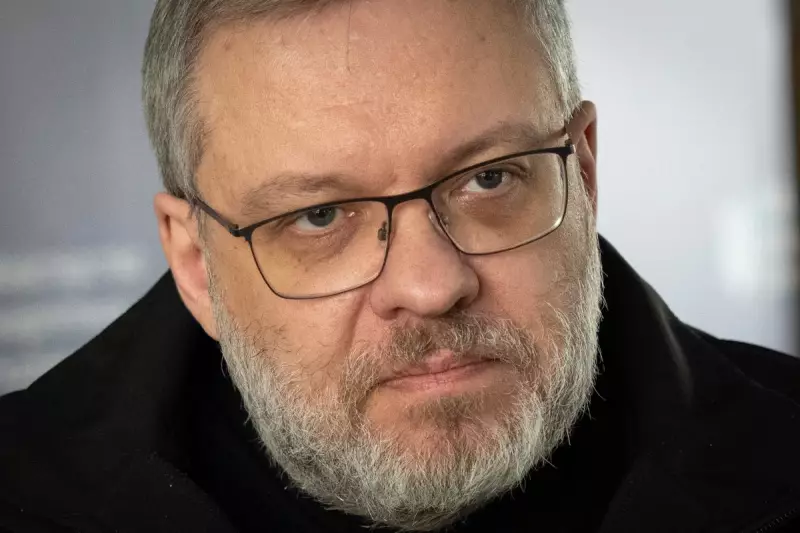
Two of Ukraine's most senior ministers have tendered their resignations, as the country is engulfed by a significant corruption scandal centred on its state-owned nuclear power company. The crisis emerges at a critical moment, with Russia intensifying attacks on Ukraine's energy infrastructure, causing widespread blackouts.
A Scandal Shakes a Nation at War
This is rapidly escalating into one of the most severe government crises since Russia launched its full-scale invasion. The scandal involves allegations of extensive embezzlement and kickbacks within Energoatom, the national nuclear energy provider. Media reports have implicated a close associate of President Volodymyr Zelenskyy, adding political fuel to the fire.
In response to mounting public anger, President Zelenskyy called for the dismissal of Justice Minister Herman Halushchenko and Energy Minister Svitlana Grynchuk. Prime Minister Yuliia Svyrydenko later confirmed that both ministers had submitted their official resignations.
The revelations stem from a 15-month investigation by Ukraine's anti-corruption watchdogs. The National Anti-Corruption Bureau (NABU) conducted over 70 raids and gathered 1,000 hours of wiretaps. This evidence led to the detention of five individuals, with another seven linked to approximately $100 million in kickbacks within the energy sector.
The 'Midas' Scheme and High-Level Fallout
NABU, which dubbed the corruption network 'Midas', refrained from publicly naming all suspects. However, it described them as including a businessman, a former adviser to the energy minister, and an executive responsible for physical protection at Energoatom. The agency accused eight people of bribery, abuse of office, and possession of disproportionate assets.
According to released excerpts of wiretapped conversations, the network used codenames and secret language. They discussed blackmail and pressuring Energoatom contractors to pay kickbacks of 10%-15% to secure business without internal obstruction. The scheme exploited a martial law regulation that prevents contractors from claiming debts in court from essential service companies like Energoatom, which has annual revenues of about $4.7 billion.
The investigation has raised serious questions about how high the corruption reaches. The tapes, which have not been independently verified by The Associated Press, allegedly detail a payment of about $1.2 million to a former deputy prime minister, referred to by the plotters as 'Che Guevara'.
Political Repercussions and International Concern
The timing of the scandal is particularly damaging for Ukraine. As Oleksandr Merezhko, a lawmaker from Zelenskyy's own party, stated, "Internally this scandal will be used to undermine unity and stability within the country. Externally, our enemies will use it as an argument to stop aid to Ukraine."
The scandal has also drawn the focus onto Timur Mindich, a 46-year-old co-owner of Zelenskyy's Kvartal 95 media production company. In the tapes, a speaker identified by the codename 'Karlsson' is believed to be Mindich. Under Zelenskyy's presidency, Mindich has gained significant influence in multiple industries, including the lucrative domestic drone production sector.
Ukraine's international partners have expressed consternation. A spokesperson for German Chancellor Friedrich Merz said the government is "concerned by the reports of corruption", especially in a sector that receives considerable support from Germany. They urged Ukraine to ensure progress in its fight against graft.
Despite the turmoil, some see a positive element. As Merezhko noted, "The silver lining in this story is that we have effective and truly independent anti-corruption bodies which have shown concrete results. As it turns out, no one is above the law and no one is immune."





